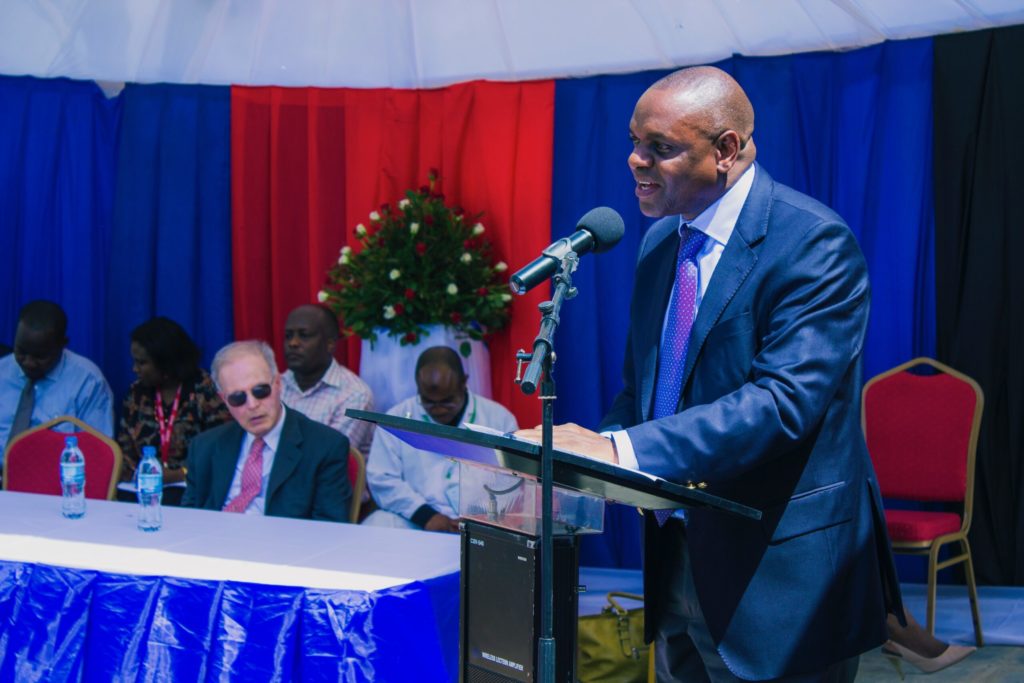Our History
Introduction
MDH evolved from the former Harvard-PEPFAR program in Tanzania which was a collaboration of Harvard School of Public Health(HSPH), Dar es Salaam City council and Muhimbili University of Health and Allied Sciences (MUHAS). This collaboration worked with the Government to provide HIV care and treatment services mainly in Dar es Salaam city starting with Mnazi Mmoja and Infectious Disease clinics in 2004. The program expanded to cover 65% of health facilities with HIV care and treatment services in Dar es Salaam city by mid 2009. MDH was registered as a local Tanzanian Non Profit Organization (NGO) in 2009.

MDH was incorporated from collaboration of three institutions (Muhimbili University of Health and Allied Sciences (MUHAS), Dar es Salaam City Council and Harvard University School of Public Health). Funded by PEPFAR through Track 1 PEPFAR Health Resource and Services Administration (HRSA) funds.
MDH expands it’s HIV care and treatments services to cover 4 facilities in Dar es salaam serving 18,050 clients.
Life saving Anti Retroviral Treatment becomes widely available to patients in need.
MDH continues to strengthen its collaboration with Regional and council health management team.
In January 2009, Management and Development for Health (MDH-LLC) was formed in conjunction with Tanzanian officials as a local NGO with the intent of establishing a long term plan for support in HIV/AIDS healthcare delivery in Tanzania.
MDH expands it’s operations in Kagera Region providing an opportunity to serve more PLHIV in need.
MDH widden it’s scope including corparating research projects, MNCH projects, and TB project.
Overall MDH serves 63,029 clients on ART, enrolling an average of 18,000 new clients annually.
MDH staff increases to more than 100
MDH adopts Option B+ intervention enabling life long treatment for pregnant and breast feeding women.
MDH is awarded two Health system strengthening projects( National Health Laboratory Support and Health Information system Support). These projects spotlights MDH work across all regions in Tanzania.
MDH adopts Test and start initiative enabling rapid expansion on access to HIV Treatment.
MDH expands it’s HIV operations to cover six regions; Dar es salaam, Kagera, Geita, Tabora, Pwani and Kigoma, with four stationed regional offices and more than 270 staff .
It’s vision continues to be realized through high quality services.
